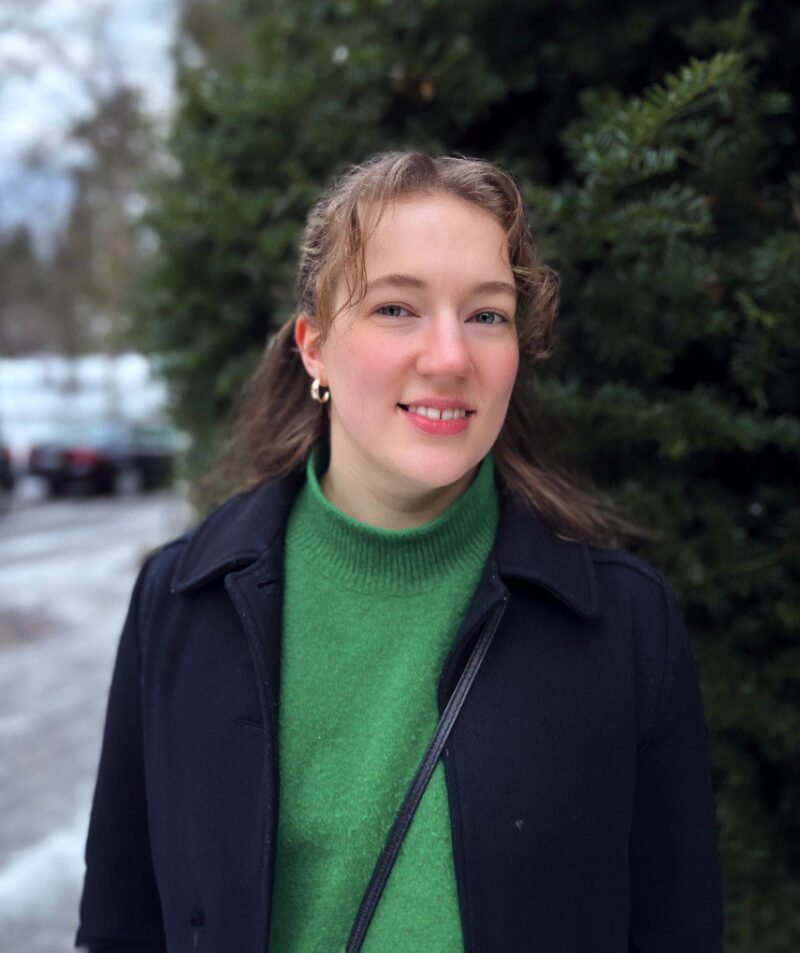Selja Taipale is the new bilingual coordinator of the Meet a Researcher service. She will be working with promoting the service in Swedish-speaking educational institutions in Finland. She will start the project work in February 2024.
Selja, you are now a master’s student at the University of Helsinki. Could you tell us what you study at university and how you ended up choosing your major?
I study at the Faculty of Social Science at the University of Helsinki; my major is political science. I have always been interested in societal phenomena, but political science caught my attention during my first year of study when I noticed that politics is so much more than just party politics. I find it extremely fascinating how societal power is distributed and how the power dynamics in society are reflected in pretty much everything around us.
When you are not reading research literature related to your studies, what non-fiction or research literature are you most likely reading?
My biggest interests within political science are participation and involvement. I like reading literature related to these topics also in my free time.
Why do you think science education is societally important?
Science education gives children and youth good foundations for acquiring knowledge, independent thinking and a certain critical stance in general. These skills are increasingly important in today’s information society, where everyone should know how to find information and decide which information to believe in. By bringing science into the classroom, we also reach those children and youth for whom science and the world of higher education might otherwise seem distant.
What are your expectations for Meet a Researcher during the project year 2024?
The goal is to make the service more visible in Swedish-speaking Finland. I hope that we will get more Swedish-speaking researchers into our researcher pool and more visit requests from Swedish-speaking educational institutions. In addition, it would be great if we also managed to lower the threshold for Finnish-speaking researchers to master their own research topic also in Swedish.


